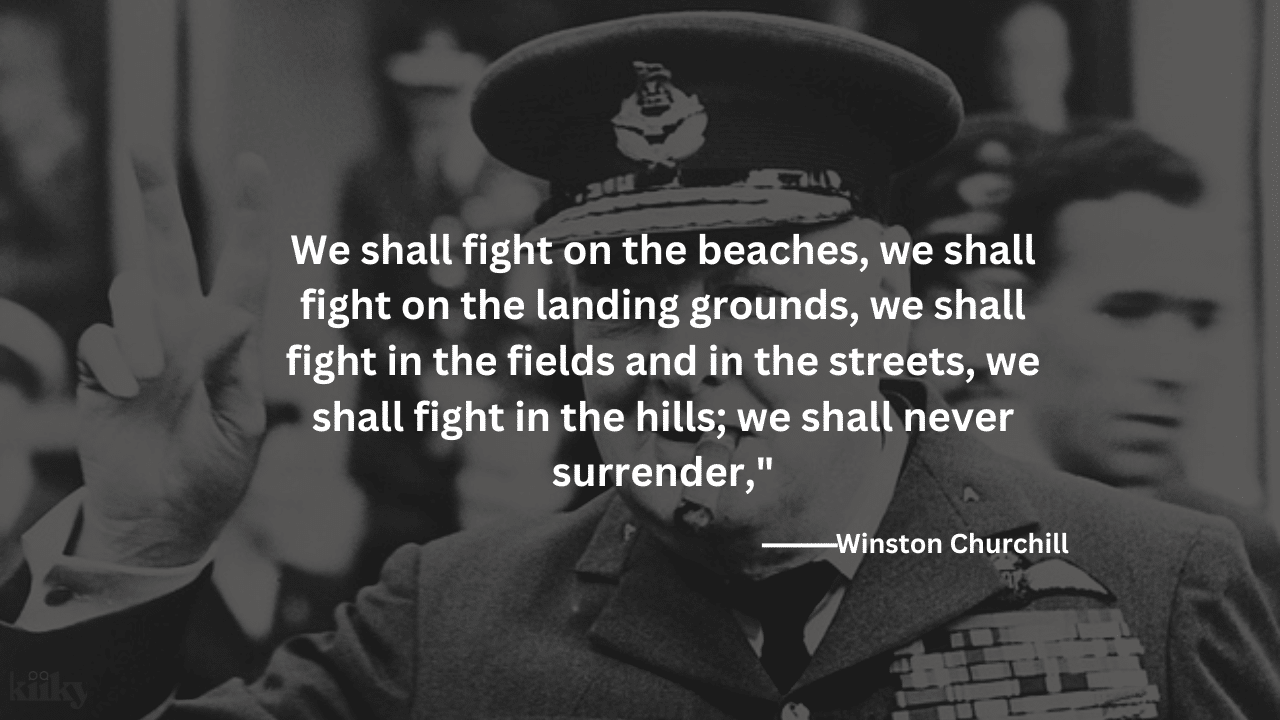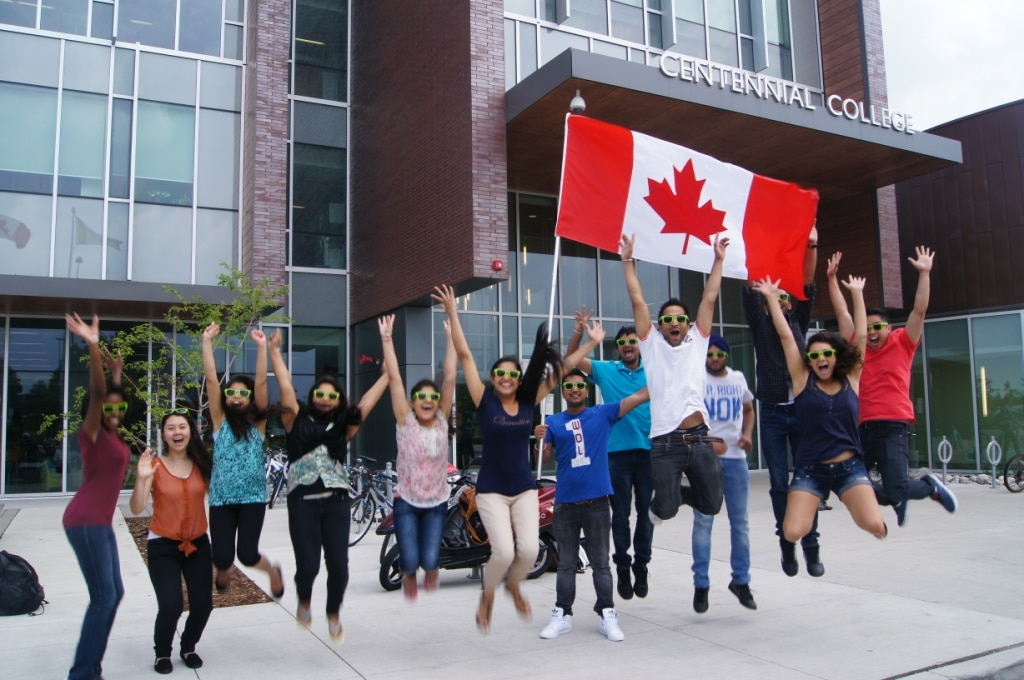Taking exams is stressful, but you can make it easier by improving the way you study. Studying for your exams effectively and efficiently will keep you from feeling unprepared and set you up for success.
Writing final exams or studying for important semester-end papers can be the most challenging aspects of a student’s life experience in college.
There is a lot to learn, keep the books organized, memorize some already studied textbooks, and remember to recall read study materials for the exams.
Following the practical study tips listed in this article can help reduce stress and increase your grade point average productivity.
Not every studying technique works for every student; learn to experiment with some essential study methods to find out which ones work best for you.
Table of Contents
Why Should I Study For An Exam
Learners are leaders, and great learners study hard. As a student, one of the marquee activities that define your capabilities is your ability to study hard and pass an exam.
Developing effective time management and study techniques are imperative as a student to help you retain the most information.
Studying well for an exam can make your GPA and is a skill that will be useful for your educational future. Let’s take a closer look at how many hours you should study for an exam. A general rule is to spend two hours on homework or studying for every hour that your class meets.
For example, if your economics class meets for an hour three times a week, you might expect to spend six hours on homework or studying for your upcoming econ exams. However, honing in your studying routine can help to streamline your process and ensure the best outcomes on your next test. Below is a brief analogy of hen to start studying.
Don’t fail to read through; What Is Work-Study? Overview, Definition, and Objectives
When To Start Studying for Your Exam in 2024?
Making time to study can be a big task for students due to the many activities around them.
Rather than procrastinating until the day or night before the exam, one of the best ways to be prepared for a test/exam is to stay on top of your work throughout the class from the get-go.
Also, by taking proper notes, staying engaged in the information, and studying a little every week to review what you have learned, you will find test-taking to be a bit easier and less stressful.
So, if you wish to stay on top of your game as a student, the best time to start studying is in the four walls of a classroom by paying attention, taking proper notes, and asking the right questions.
You may want to see this: Unavoidable Time Management Tips For College Students In 2024
How To Start Studying For An Exam in 2024
Once you are ready to study, getting organized will significantly reduce your stress levels and prepare you to absorb the information. Here are a few things to remember: study space, study materials, review of previous tests, and prioritizing.
Creating the best environment for learning can be relaxing during studying time. 24-hour study rooms or libraries are likely available if you attend a traditional on-campus university.
Additionally, some people like studying with background noise the coffee shop is okay. You can create a study space that suits your needs online.
Once the problem of sorting the proper environment is solved, the next thing is to cultivate a study practice. You can jump into the different ways of learning that help you absorb the most information. There are basic study techniques to make it more fun and exciting experience.
You can adopt the following ideas:
- Take Practice Tests.
- Watch a documentary on the topic you are studying.
- Make Flashcards
- Use Color Coding
- Join a Study Group
- Create your study guide
- Utilize Memorization Techniques
Top 9 Study Methods To Prepare For Your Exam in 2024
Below are 9 study methods that can help prepare you for a successful exam:
1. The SQ3R Method
The SQ3R method is a reading comprehension technique that helps students identify essential facts and retain information within their textbook. SQ3R (or SQRRR) is an acronym that stands for the following five steps of the reading comprehension process:
- Survey: Instead of reading the entire book, start by skimming the first chapter and taking notes on headings, subheadings, images, or other standout features like charts.
- Question: Formulate questions around the chapter’s content, such as, what is this chapter about? What do I already know about this subject?
- Read: Begin reading the entire chapter and look for answers to the questions you formulated.
- Recite: After reading a section, summarize in your own words what you just read. Try recalling and identifying major points and answering questions from the second step.
- Review: Once you have finished the chapter, reviewing the material to understand it thoroughly is essential. Quiz yourself on the questions you created and reread any necessary portions.
READ ALSO: Tips on how to study for finals | College & High School
2. Retrieval Practice
Retrieval practice is based on the concept of remembering at a later time. Recalling an answer to a question improves learning more than looking for the solution in your textbook. And recognizing and writing down the answer to a flashcard is much more effective than thinking you know the answer and flipping the card over early.
If you practice retrieval, you are more likely to remember the information later. Below are some ways you can implement the retrieval process into your study routine:
- Utilize practice tests: Use practice tests or questions to quiz yourself without looking at your book or notes.
- Make your questions: Be your teacher and create questions you think would be on a test. Encourage others to do the same and trade questions if you’re in a study group.
- Use flashcards: Create flashcards, but practice your retrieval technique. Instead of flipping a card over prematurely, write the answer down and check.
3. Spaced Practice
Spaced Practice (“distributed practice”) encourages students to study over a more extended period instead of cramming the night before. When our brains almost forget something, they work harder to recall that information.
Spacing out your studying allows your mind to make connections between ideas and build upon the knowledge that can be easily identified later.
To try this technique, review your material in spaced intervals similar to the schedule below:
- Day 1: Learn the material in class.
- Day 2: Revisit and review.
- Day 3: Revisit and review.
- After one week: Revisit and review.
- After two weeks: Revisit and review.
It’s essential to start planning early. At the beginning of each semester, schedule some time each day just for studying and reviewing the material. Even if your exams are months away, this will help you hold yourself accountable.
READ ALSO: DAT Practice Tests 2024: Study Guide, Tips, Dates, Results, Login, Requirements
4. The PQ4R Method
This method takes an active approach to learning that improves memorization and understanding of the topic. Similar to the SQ3R way above, PQ4R is an acronym that stands for the six steps in the process:
- Preview: Preview the information before you start reading to get an idea of the subject matter. Skim the material and read only the headers, subheadings, and highlighted text.
- Question: Ask yourself about the topic, such as what you expect to learn. What do I already know about this topic?
- Read: Read the information one section at a time and try to identify answers to your questions.
- Reflect: Did you answer all of your questions? If not, go back and see if you can find the answer.
- Recite: In your own words, either speak or write down a summary of the information you just read.
- Review: Review the material again and answer questions that have not yet been answered.
5. The Feynman Technique
The Feynman Technique is an efficient method of learning a concept quickly by explaining it in plain and simple terms. It’s based on the idea, “If you want to understand something well, try to explain it simply.”
That means that by attempting to explain a concept in our own words, we will likely understand it much faster.
How it works:
- Write the subject/concept you are studying at the top of a sheet of paper.
- Then, explain it in your own words as if you were teaching someone else.
- Review what you wrote and identify any areas where you were wrong. Once you have specified them, return to your notes or reading material and determine the correct answer.
- Lastly, if there are any areas in your writing where you used technical terms or complex language, rewrite these sections in more exact words for someone who doesn’t have the educational background you have.
6. Leitner System
The Leitner System is a learning technique based on flashcards. Ideally, you keep your cards in several boxes to track when to study each set. Every card starts in Box 1. If you get a card right, move it to the next box. If you get a card wrong, you either move it down a box or keep it in Box 1 (if it’s already there).
Each box determines how much you will study each set of cards, similar to the following schedule:
- Every day — Box 1
- Every two days — Box 2
- Every four days — Box 3
- Every nine days — Box 4
- Every 14 days — Box 5
7. Mind Mapping
If you’re a visual learner, try mind mapping, a technique that allows you to organize information in a diagram visually. First, you write a word in the center of a blank page.
From there, you write the main ideas and keywords and connect them directly to the central concept. Other related ideas will continue to branch out.
A mind map’s structure relates to how our brains store and retrieve information. Mind mapping your notes instead of just writing them down can improve your reading comprehension.
It also lets you see the big picture by communicating the hierarchy and relationships between concepts and ideas.
So, how do you do it?
- Grab a blank sheet of paper (or use a tool online) and write your study topic in the center, such as “child development.”
- Connect one of your main ideas (i.e., a chapter of your book or notes) to the main topic, such as “developmental stages.”
- Connect sub-branches of supporting ideas to your main branch. This is the association of ideas. For example, “Sensorimotor,” “Preoperational,” “Concrete operational,” and “Formal operational.”
TIP: Use different colors for each branch and draw pictures if it helps.
8. Exercise Before Studying
Not only does exercise fight fatigue, but it can also increase energy levels. If you’re struggling to find the motivation to study, consider adding an exercise routine to your day. It doesn’t have to be a full hour at the gym.
It can be a 20-minute workout at home or a brisk walk around your neighborhood. Anything to get your heart rate pumping. Exercising before you study:
- Kickstarts brain function and can help improve memory and cognitive performance.
- Releases endorphins, which can improve your mood and reduce stress levels.
9. Study Before Bed
Sleep is crucial for brain function, memory formation, and learning. Studying before you sleep, whether reviewing flashcards or notes, can help improve recall.
According to Scott Cairney, a researcher from the University of York in the United Kingdom, “When you are awake, you learn new things, but when you are asleep, you refine them, making it easier to retrieve them and apply them correctly when you need them most. This is important for how we learn and how we might help retain healthy brain functions.”
When you’re asleep, the brain organizes your memories. Instead of pulling an all-nighter, study a few hours before bed and review the information in the morning.
No one wants to spend more time studying than they need to. Learning effective study techniques can ensure you are fully prepared for your exams and will help curve any looming test anxiety.
Hopefully, with the methods above, you can avoid cramming the night before and make your study time more effective. For more tips, download the infographic below.
SEE ALSO: How To Prepare For IELTS In 2024 | Study Guide, Practice Test, Exam Dates, & Venue
FAQs On the Best Way to Study for an Exam
Switch off your phone. Turn off the television. Gather all your study materials. Go to a quiet, bright space where no one will disturb you. Make sure your room is free of as many distractions as possible. Take a snack and some water and go to the bathroom before you study, so you won’t have to get up and break your concentration.
Getting enough sleep is essential to do well on your exams. Don’t make the mistake of staying up all night studying only to end up too tired to remember anything on exam day! Everyone’s sleep needs differ, but try to get at least 8 hours each night and never less than 7, especially before exams.
Prepare as well as you can for your exam. Know where and when your exam will be held. Make sure you know what kinds of questions will be on it. Try not to think about it too much and remind yourself that you are well prepared whenever the anxiety strikes.
Read the chapter a few times. Frame questions from the branch and do not make them accessible. Review your notes and reread the chapter, then you should be good to go!
Change into comfortable clothes and go to a place where no one will disturb you. Only take some water, snacks, and study materials with you. Turn off your phone and put it away so you won’t be tempted to use it.
No, doing this only as a last resort would be best. Cramming usually doesn’t lead to good grades because memorizing lots of information quickly is hard. Even if you earn a good quality, you’ll forget the content after the test, which won’t help you in the future (which is the whole point of learning in school). Usually, the more time you spend learning something, the longer and more efficiently you remember it.
Conclusion
Good study skills can increase your confidence, competence, and self-esteem. They can also reduce anxiety about tests and deadlines. By developing practical study skills, you may be able to cut down on the number of hours spent studying, leaving more time for other things in your life.
With the above steps, students can effectively study and build the skill of studying, which may feel worthwhile.





